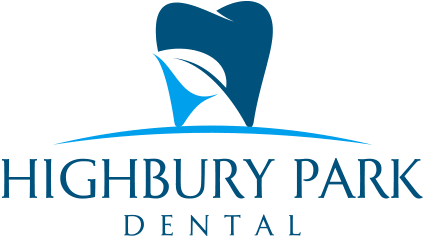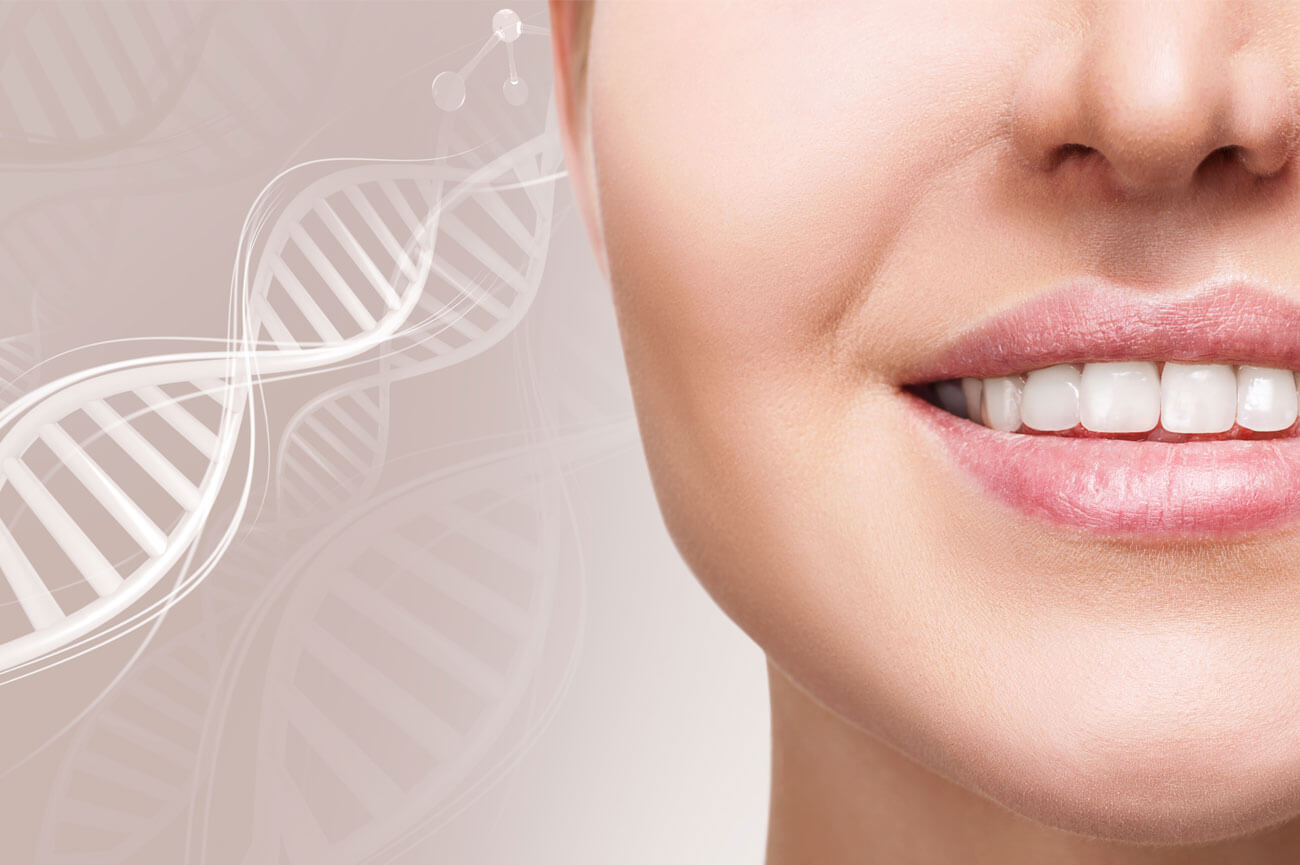Your oral health is influenced by various factors, such as your oral hygiene routine, diet, and lifestyle. However, have you ever wondered about the role your genes play in your oral health?
As part of the Highbury Park Dental team, we’re here to explore this fascinating topic with you!
In this article, we’ll dive into the ways genetics can impact oral health, including tooth shape and size, periodontal disease, cavities, tooth loss, and more. So, let’s get started!
Tooth Shape and Size
How Genetics Determine Tooth Shape And Size
Our genes are responsible for many aspects of our appearance, and that includes our teeth! Tooth shape and size are largely determined by your genetic makeup, inherited from your parents. Some people may have larger teeth, while others have smaller, more crowded teeth.
There are also variations in tooth shape, such as the presence of grooves, ridges, or cusps, which can be influenced by your genes.
Impact Of Tooth Shape And Size On Oral Health
The shape and size of your teeth can have a significant impact on your oral health. For example, crowded or crooked teeth can make it more challenging to maintain proper oral hygiene, as plaque and bacteria can build up in hard-to-reach areas. This can lead to a higher risk of developing cavities and gum disease.
On the other hand, some tooth shapes may be more prone to chipping or cracking, requiring dental intervention to prevent further damage.
Periodontal Disease
Periodontal (gum) disease is a common oral health issue that affects many people. It’s an inflammatory condition that can lead to swollen, bleeding gums and, in severe cases, tooth loss. Genetics play a crucial role in determining your susceptibility to periodontal disease.
Genetic Factors that can increase risk
There are several genetic factors that can increase your risk of developing periodontal disease. For example, certain genes have been linked to an increased inflammatory response, which can contribute to gum disease.
Other genes can affect your immune system’s ability to fight off the bacteria that cause gum disease. Your genes may also determine how susceptible you are to the effects of plaque buildup and tartar formation.
Dental Caries (Cavities)
Cavities, also known as dental caries, occur when bacteria in your mouth produce acids that break down your tooth enamel. This can lead to the formation of small holes or pits in your teeth.
Genetics can play a role in your susceptibility to cavities, as some people have a naturally higher resistance to tooth decay due to the composition of their saliva or the strength of their tooth enamel.
Tooth Loss
Tooth loss can occur for several reasons, including gum disease, cavities, or injury. Genetics can influence your risk of tooth loss, as they can determine your susceptibility to oral health issues that may lead to tooth loss, such as periodontal disease or cavities.
The Impact Of Tooth Loss On Oral Health
Losing a tooth can have significant consequences for your oral health. Tooth loss can lead to bone loss in your jaw, as the bone no longer receives stimulation from the tooth’s roots.
This can cause your remaining teeth to shift, leading to bite problems and an increased risk of further tooth loss. Additionally, tooth loss can impact your ability to chew and speak properly and may affect your overall facial appearance.
Genetic Testing
Genetic testing can provide valuable information about your genetic predisposition to certain oral health issues, such as periodontal disease, cavities, and tooth loss. There are various types of genetic testing available for oral health, including at-home DNA testing kits that can analyze your saliva for genetic markers related to oral health conditions.
While genetic testing cannot provide a definitive diagnosis or predict with absolute certainty whether you will develop certain oral health issues, it can help identify your risk factors and inform your oral health care decisions.
The Benefits Of Genetic Testing In Oral Health
One significant benefit of genetic testing is the ability to personalize your oral health care. By understanding your genetic risk factors, you and your dentist can develop a personalized treatment plan that focuses on preventative measures to reduce your risk of developing oral health issues.
Additionally, genetic testing can help you identify any potential oral health issues early on, allowing for early intervention and a better chance of successful treatment.
Personalized Oral Health Care
As we’ve discussed, genetics can play a significant role in your oral health. By understanding your genetic risk factors and working with your dentist to develop a personalized treatment plan, you can take proactive steps to protect your oral health and reduce your risk of developing oral health issues.
The Takeaway
In summary, your genetics can influence many aspects of your oral health, including tooth shape and size, periodontal disease, cavities, and tooth loss. While you cannot change your genetic makeup, understanding your genetic risk factors and taking proactive steps to protect your oral health can help you maintain a healthy, beautiful smile for years to come. If you’re interested in learning more about genetic testing for oral health, contact your dentist to discuss your options.
So, there you have it! We hope you found this article informative and useful in understanding the role of genetics in oral health. If you have any questions or concerns about your oral health, please don’t hesitate to reach out to us at Highbury Park Dental. We’re here to help you achieve and maintain optimal oral health!

